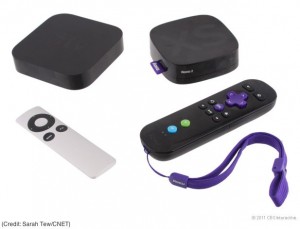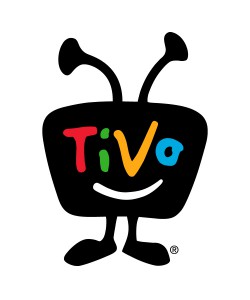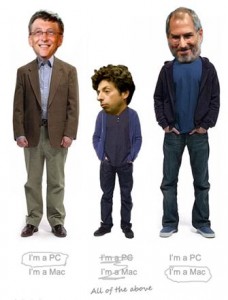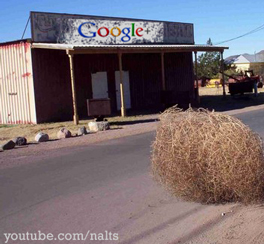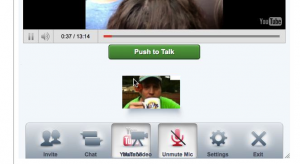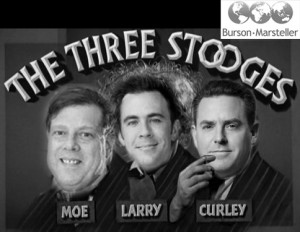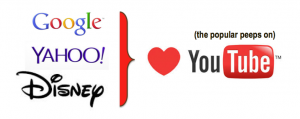
It’s a good time to be a YouTuber… or at least own a popular YouTube channel. We’re seeing the online-video landscape mature, and start to resemble how networks and studios connect. The networks (Disney, Yahoo, YouTube) are working with studios (online-video studios and some individual partners/channels) in some interesting ways….
- Disney recently acquired Maker Studios (Variety), which was one of the early network for YouTube stars.
- Yahoo is focused on acquiring individual YouTube talent and channels — rather than launching a standalone video site similar to YouTube. And it’s allegedly offering more generous revenue sharing.
- And Google/YouTube is going to be advertising its partner channels on (gulp) mainstream media.
What’s interesting about these big moves is how markedly different this is from the past behavior of these companies.
- We saw Disney making some early bets with its own home-grown online-video content. Remember Stage 9?
- Yahoo contacted me and other YouTubers around 2008 to discuss potential revenue-sharing deals. They were considering exclusivity at the time, and that’s a deal breaker for YouTubers that won’t give up their primary audience.
- And Google? It hasn’t even marketed itself well, much less its partners. And who would ever imagined the tech-engineering company would advertise YouTube partners on TV, print or outdoor? They’re doing it, but you know it pains them.
So what’s all this mean?
- These events don’t impact your typical YouTuber, but the winners of the Yahoo/Google efforts will be the YouTube creators with large audience and studio representation by one of the online-video networks. That’s because Yahoo and Google will have to deal with the complexities of Discovery to get to Revision3 content, and Disney to get to Maker channels/creators.
- But watch for partnerships between Yahoo and smaller studios like Fullscreen, BigFrame and Collective.
- And what about Google’s efforts to promote YouTubers beyond the YouTube regulars? I would expect to see “the rich get richer,” because it’s most likely to promote the proven content with top views. So like a marathon’s second half, we’ll see an increasing distance between the leaders and the rest.
- There will surely be some more attempts to lock creators and studios to “exclusive” arrangements, although Yahoo won’t get anywhere requiring that of popular YouTubers. But it makes sense. TV shows don’t get to broadcast on every channel. The networks pick the shows, and promote them to “their” audience. We’ll see that happening with top YouTube channels in coming months and years, which is why YouTube will have to work harder to cultivate relationships and keep stars/channels.
What’s your take? And where is the Global Online Video Association in all of this? How about a POV, Kontonis?


